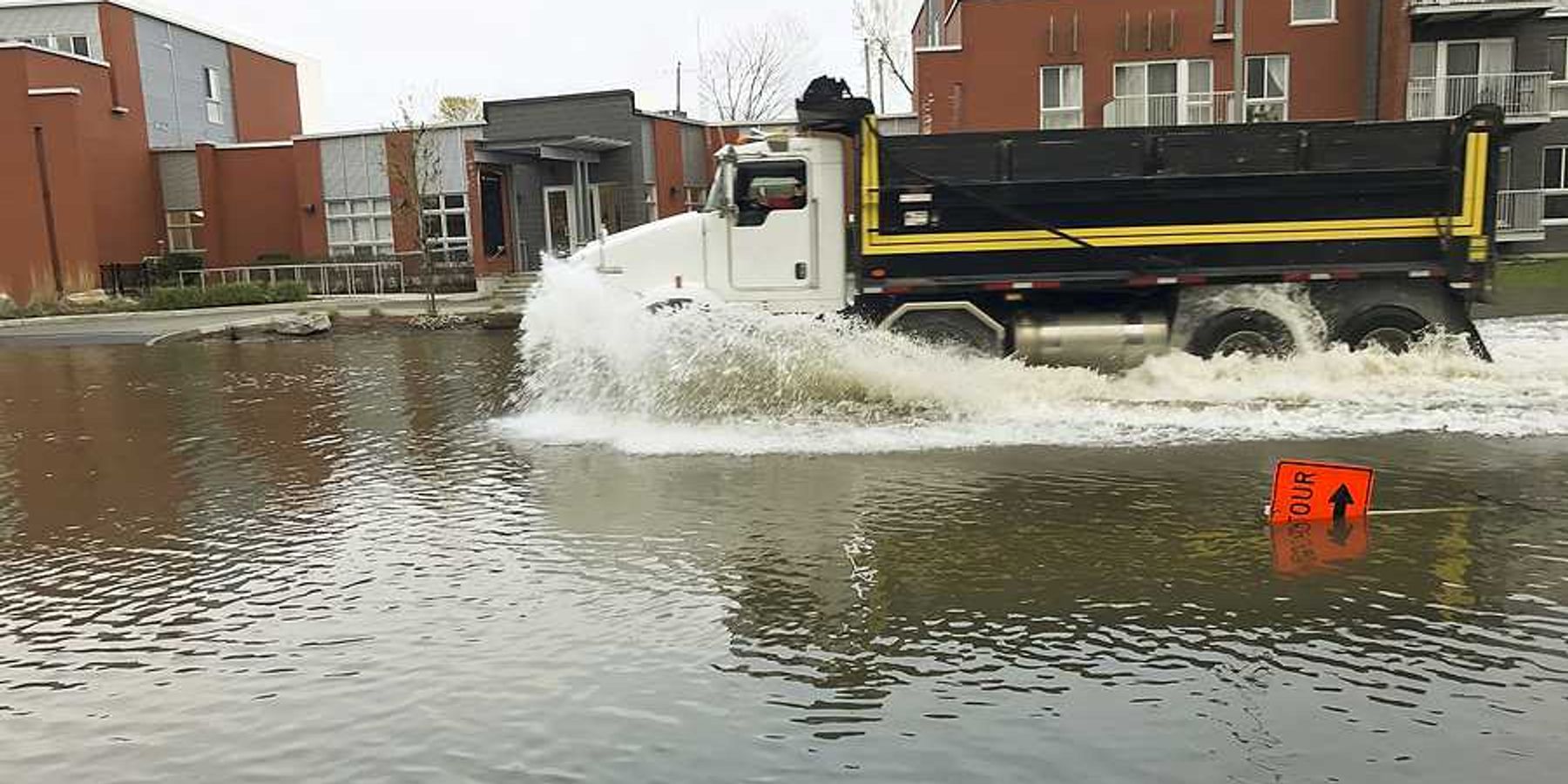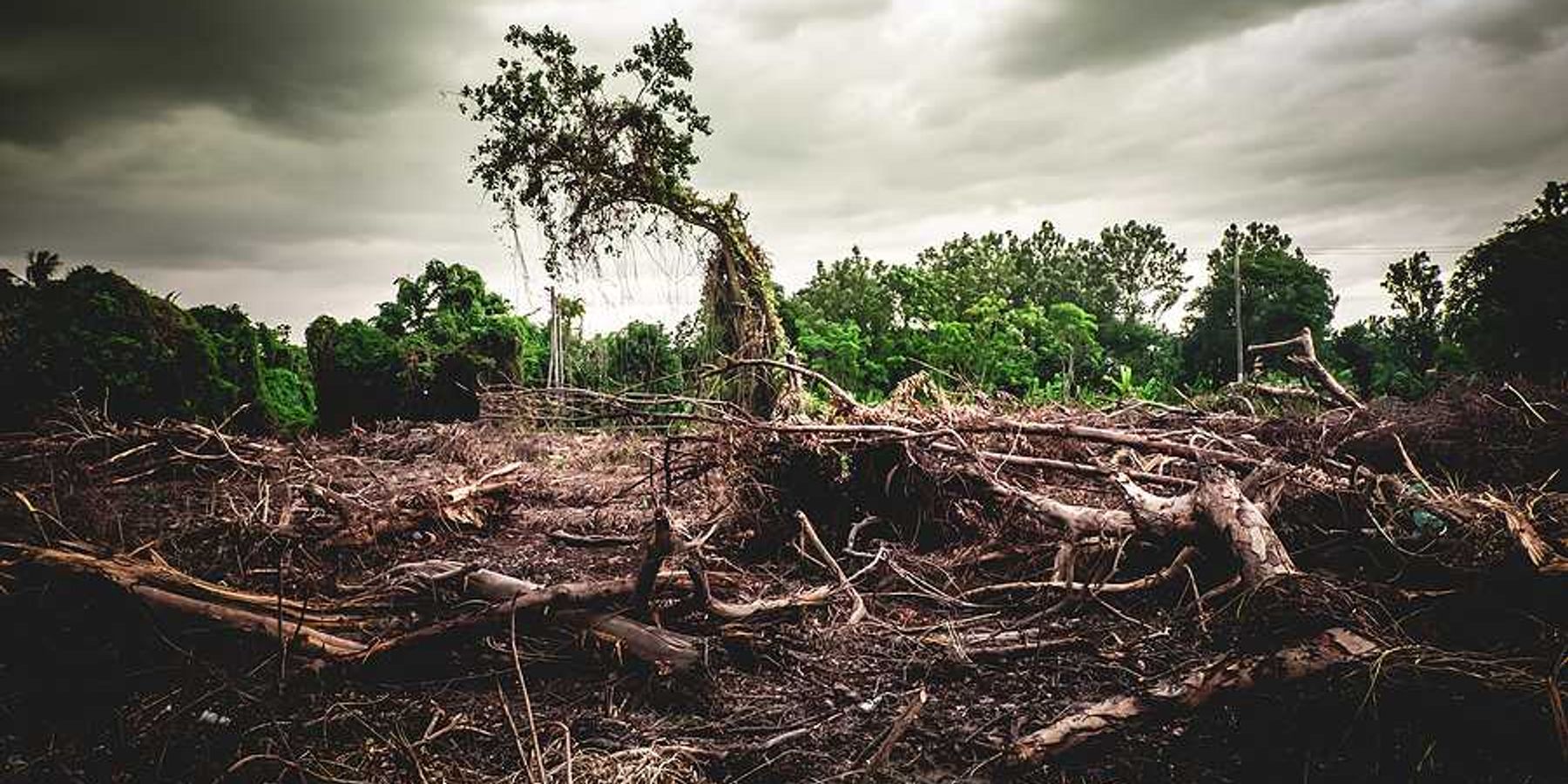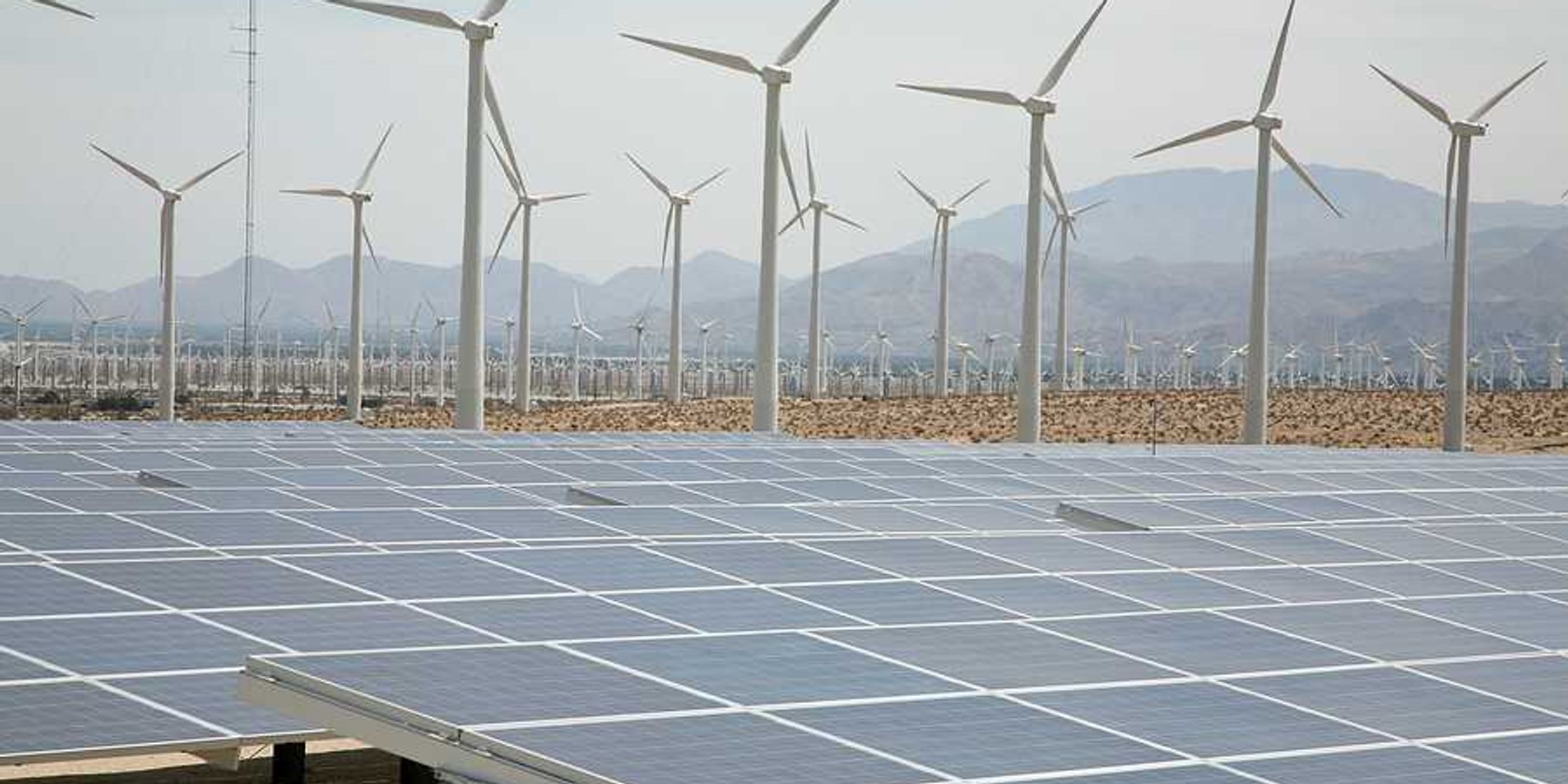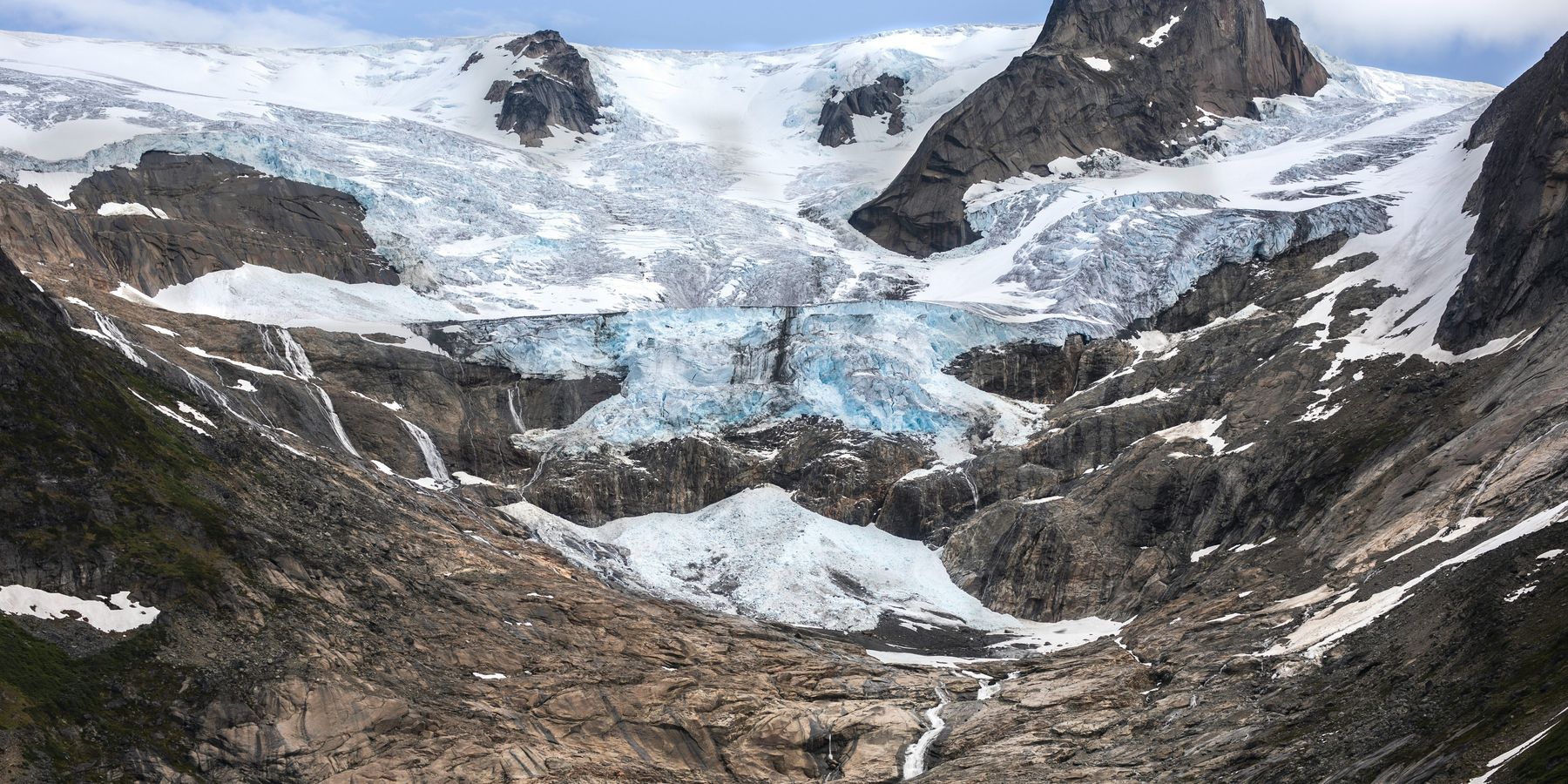France’s new tidal turbines aim to power thousands of homes with clean energy
A tidal farm featuring some of the world’s most powerful underwater turbines is set to generate clean electricity off the coast of Normandy, marking a major step in Europe’s push for renewable energy.
Lottie Limb reports for Euronews.
In short:
- The NH1 tidal project from Normandie Hydroliennes will use four turbines to harness the Raz Blanchard tidal flow, one of Europe’s strongest, generating enough power for 15,000 homes.
- The project received €31.3 million from the EU Innovation Fund, part of a broader €4.8 billion push for clean technologies funded by emissions trading revenues.
- Developers claim the turbines will have minimal environmental impact, with studies suggesting they could even create habitat spaces for marine life.
Key quote:
“Being selected by the Innovation Fund is a major recognition of our work and the impact that our technological system... can have on decarbonisation and the energy mix.”
— Katia Gautier, director of Normandie Hydroliennes
Why this matters:
Tidal energy has long been the underdog in the renewables race, lagging behind wind and solar due to high costs and technical challenges. But projects like this could change the game, helping Europe cut emissions while ensuring energy security. Unlike wind or solar, tides are relentless — predictable, clockwork forces that don’t fade when the weather shifts. That kind of reliability makes them an enticing option for a stable, low-carbon energy future.
Read more: We don’t have time for another fossil fuel bridge













